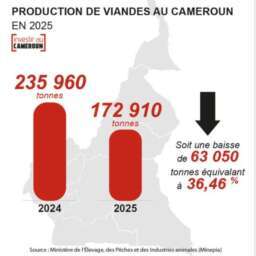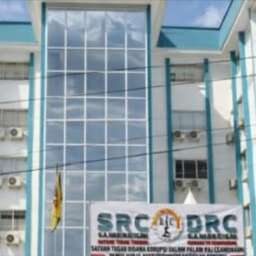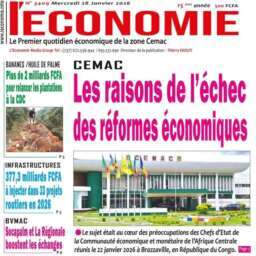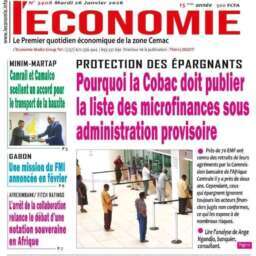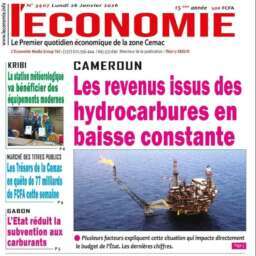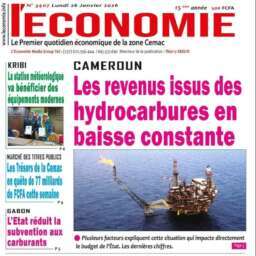(Business in Cameroon) – Cameroon’s government plans to enforce strict payment rules for public entities that routinely default on electricity bills starting in 2026. The buildup of unpaid bills often forces the national Treasury to step in to ease cash flow pressures at Eneo, the public electricity concessionaire. The rising volume of arrears has become a growing threat to the state’s fiscal balance.
The announced reform, outlined in the new National Energy Compact, the government’s roadmap for sustainable energy infrastructure through 2030, aims to introduce a system ensuring the full and timely payment of electricity bills by public entities.
To guarantee compliance, the Compact proposes several binding measures. For public establishments, these include: including the previous month’s electricity bill in the current month’s payroll file; requiring them to budget for unpaid bills; and allowing subsidies to be directly deducted to cover energy costs when arrears persist. For state-owned companies, the plan calls for the direct deduction of unpaid electricity charges from any advance payments received from the state.
New Rules Mandate Payment for Ministries to Fix Sector Finances
The central government is not exempt from the forthcoming crackdown on unpaid bills, a persistent issue that undermines the financial health of Cameroon’s power sector. Authorities plan to develop a settlement plan for cross-debts between the state and the concessionaire by the end of 2025 and to install smart meters at government delivery points by 2026. A binding regulation will also define payment procedures for the central government’s electricity bills.
For years, ensuring payment for electricity used by the central government and its agencies has been a major challenge. In April 2024, Eneo General Manager Amine Homman Ludiye told Business in Cameroon:
“We issue about 7 billion CFA francs in monthly invoices to public entities lik administrations, public companies, hospitals and universities. But since the start of 2024, our collections were limited to 1.5 billion CFA francs in January and 1.8 billion in February.”
He noted that a prior agreement with the government for a weekly 1 billion CFA franc payment was only honored once during that period. Between January and February 2024, Eneo invoiced public entities for 14 billion CFA francs but collected just 3.3 billion, leaving a gap of more than 10 billion CFA francs. During the same period, the utility received only 2 billion CFA francs toward the government’s partial payments, missing the expected 8 billion and accumulating 6 billion in arrears.
Alucam: A Case in Point
Each year, these shortfalls deprive Eneo, controlled by the British investment firm Actis, of substantial liquidity. In 2021, the Treasury had to cover the electricity bills of Compagnie Camerounaise de l’Aluminium (Alucam), which had built up more than 50 billion CFA francs in arrears. The aluminum producer, fully state-owned since Rio Tinto’s 2015 withdrawal, is the country’s largest power consumer and has long struggled to meet its payments due to ongoing financial difficulties.
The new measures are expected to stabilize Eneo’s cash flow through regular and full payments from the state and public entities. They should also ease pressure on the national Treasury, which is frequently forced to settle the debts of insolvent public bodies and companies.
Brice R. Mbodiam








